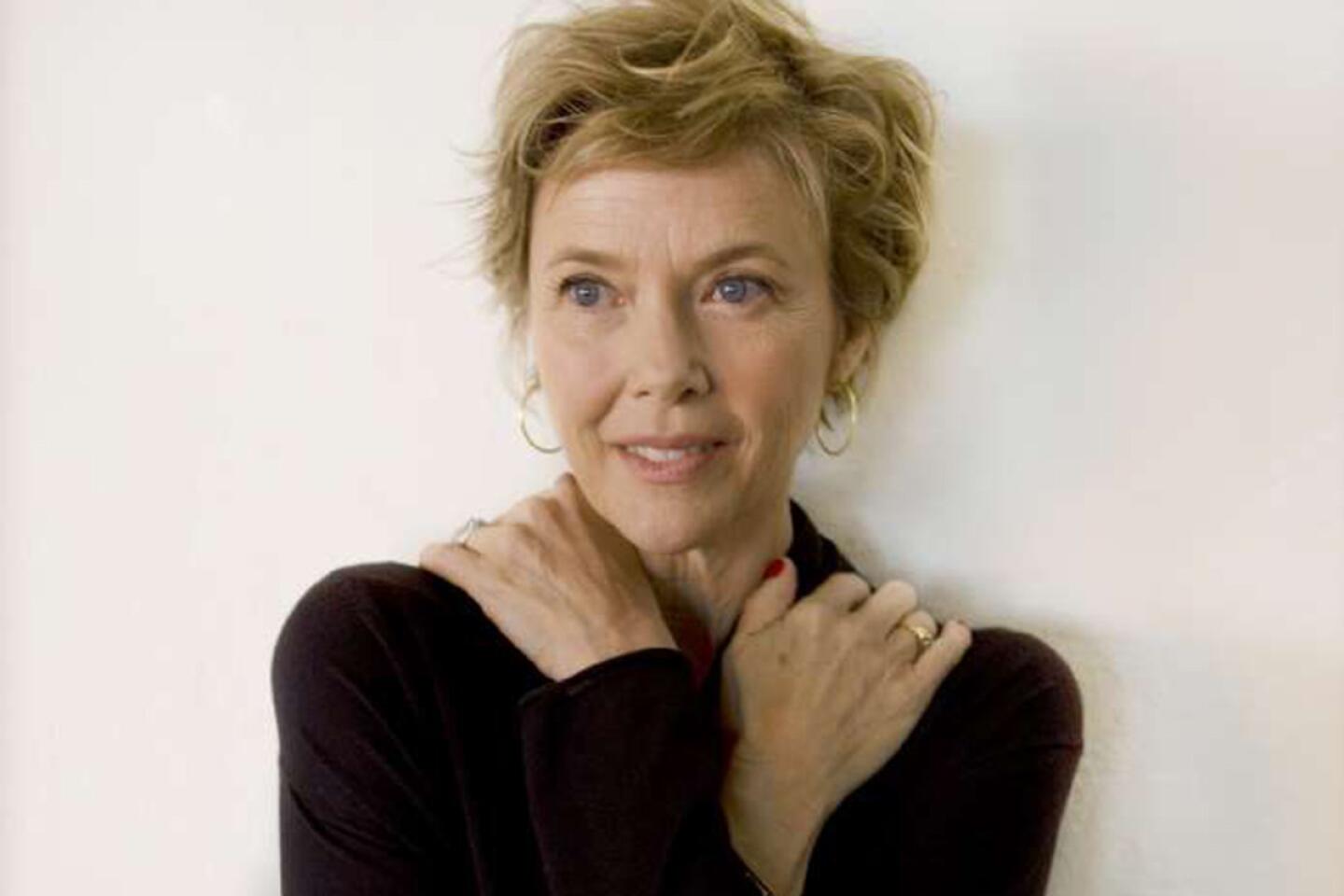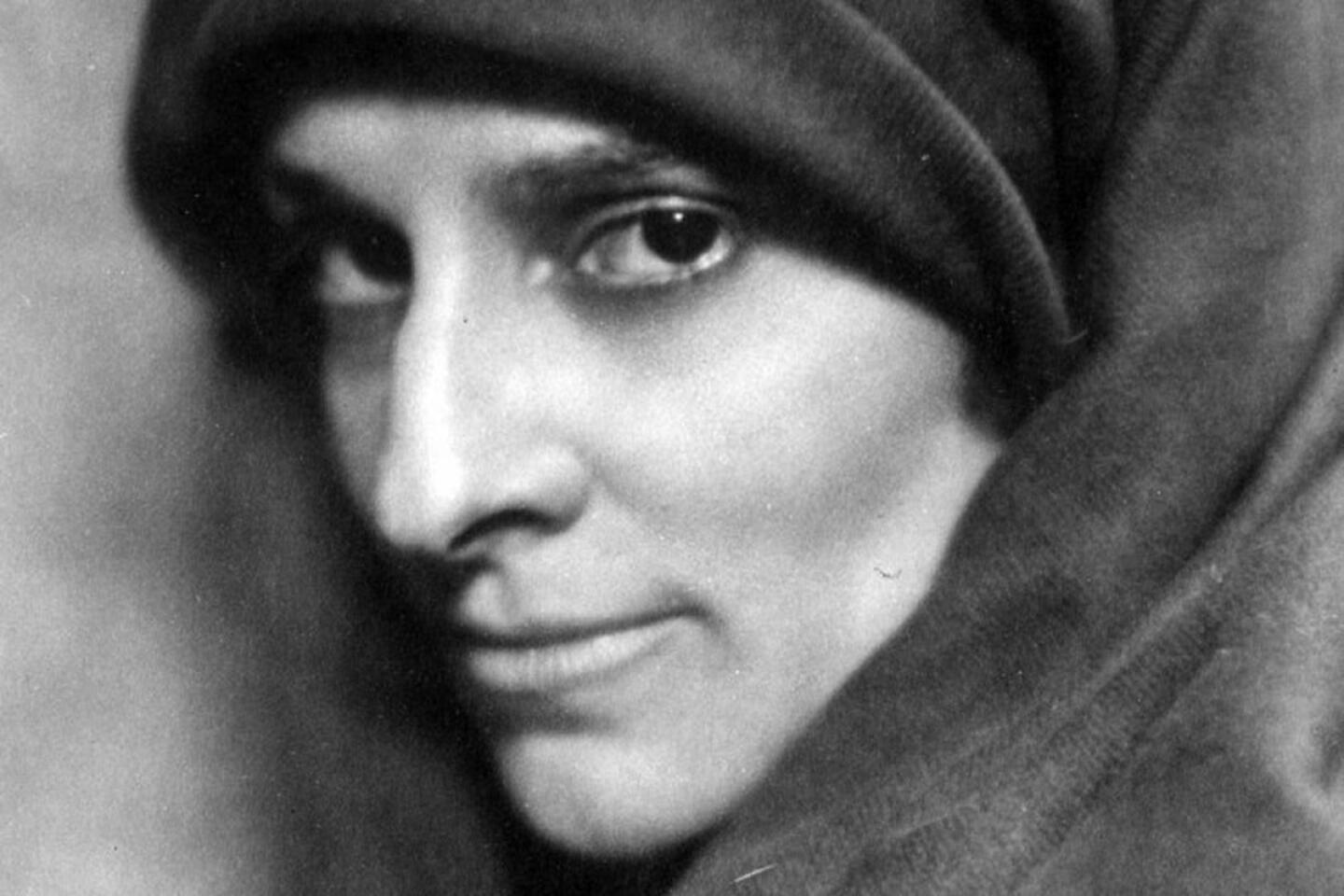Zoe Kazan dips back into love for new play ‘Trudy and Max’ at SCR
- Share via
Stage and screen credits abound in Zoe Kazan’s family — her parents are the screenwriters Nicholas Kazan and Robin Swicord and her grandfather is the pioneering director Elia Kazan (“A Streetcar Named Desire”). But the 30-year-old actress and writer, who has lived in New York for the past 12 years, is wracking up a hefty IMDB page of her own.
She is perhaps best known for having written and co-starred in the film “Ruby Sparks” with longtime boyfriend Paul Dano. Back when she was still studying drama at Yale University, however, her first play, “Absalom,” premiered at the Humana Festival at the Actors Theatre of Louisville in 2009; its follow-up, “We Live Here,” premiered off-Broadway at the Manhattan Theatre Club in 2011.
CRITICS’ PICKS: What to watch, where to go, what to eat
Kazan costars with Daniel Radcliffe in the recently released film “The F Word” and she’s been cast in a Broadway production planned for spring, but she can’t reveal the title yet. In the meantime, Kazan’s third play, “Trudy and Max in Love,” opens at the South Coast Repertory on Friday.
How did you come to be produced by the SCR?
They commission more plays than almost any other theater in the United States every year. I was lucky enough that they read my second play and really liked it and wanted to commission me. They kind of gave me an open-ended “write whatever you want.” We workshopped it last year — and now we’re here.
“Trudy and Max in Love” has that same quirky, romantic comedy feel as “Ruby Sparks.” Can you tell us more about it?
It’s a play about a young woman in her late 20s who’s happily married, who meets a man in his late 30s who’s a perpetual bachelor. And they have a kind of immediate connection. It’s about what happens when you fall in love outside of your relationship. It’s really a coming-of-age story, for both people, about the unconventional ways in which we grow up.
We all have that inherited narrative about the events that are going to push our lives forward — getting married, having children, graduating from college — but I’m interested in the interstitial events, the things that are meaningful, but not culturally noteworthy.
PHOTOS: Arts and culture in pictures by The Times
Are relationships something you think a lot about or is romantic comedy a genre you’re especially comfortable writing?
Interpersonal relationships are really interesting to me. My first two plays were about family and the ways we interact with our families. “Ruby Sparks” was more about the conventions of romantic comedy and the responsibility of loving someone. “Trudy and Max in Love” is more about how we interact with ourselves and the people that we choose to love.
Which comes first for you in terms of creative identity, acting or writing?
I probably identify first with being an actor, because that was my first love; but it’s also the thing that organizes my time. I can write on my own time, whenever I have time, but with acting you can’t wake up one morning and decide you’re gonna act — you need a camera, a director, all that. Also, acting was always the thing I wanted to do and writing was always the thing I did on the side. But all those things together make up the person that I am.
PHOTOS: Hollywood stars on stage
How has your family’s writing legacy influenced your creative process? Do you ever feel pressure to live up to their successes?
I think I’d be a crazy person if I walked around going “everything I do has to be as good as what my parents and my grandpa did.” First of all, my grandpa is just so iconic and influential in what he did that in some ways, he took the pressure off — there’s no way I’m looking at that and going “I wanna do the same thing.” [His success] is a product of his great talent and mind, but it’s also a product of being the right person in the right time and right place. It’s like lightning striking.
This is probably deeply narcissistic, but I don’t think it ever occurred to me that writing or acting was a product of my family. My experience of wanting to do those things was about wanting to tell the stories that were in my head. Or reading plays and wanting to jump into the page and inhabit those roles. It was such a private experience. But I feel so lucky that I was raised by parents who cared about storytelling and the arts and wanted to foster that in me. And allowed me to be this weird, creative kid.
Do you have a secret life of any kind — talents, hobbies, aspirations that we don’t know about?
I do a lot of crafting, but I’m very allergic to Etsy culture. Like girls who post pictures of their knitting online — I’m really not that girl. I don’t wear polka dots, I’m not interested in taking pictures of the fake foods that I knitted for my cat. But I like using my hands, I think that lineage that women have, that link to our past, of being the people who made the quilts and made the food, it’s something to be proud of. And using my hands is so much better than going online and just Googling for hours.
As a produced screenwriter, playwright and stage/screen actor, what directions would you like to grow in, professionally, from here?
I want to keep writing movies. And I feel like, as an actor, I’ve gotten to do a lot onstage that’s really more transformative than the stuff I’ve been able to do in film; so there’s definitely a part of me that wants to be able to stretch my wings more on-screen, whether in television or in movies. I want to direct eventually. There are other things I want to write. But I’ve been lucky in that I’ve been able to kind of follow my nose; I don’t have a master plan of any kind.

